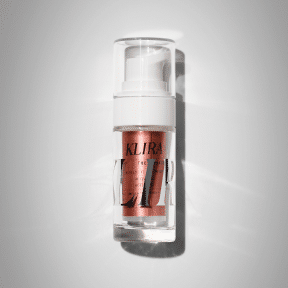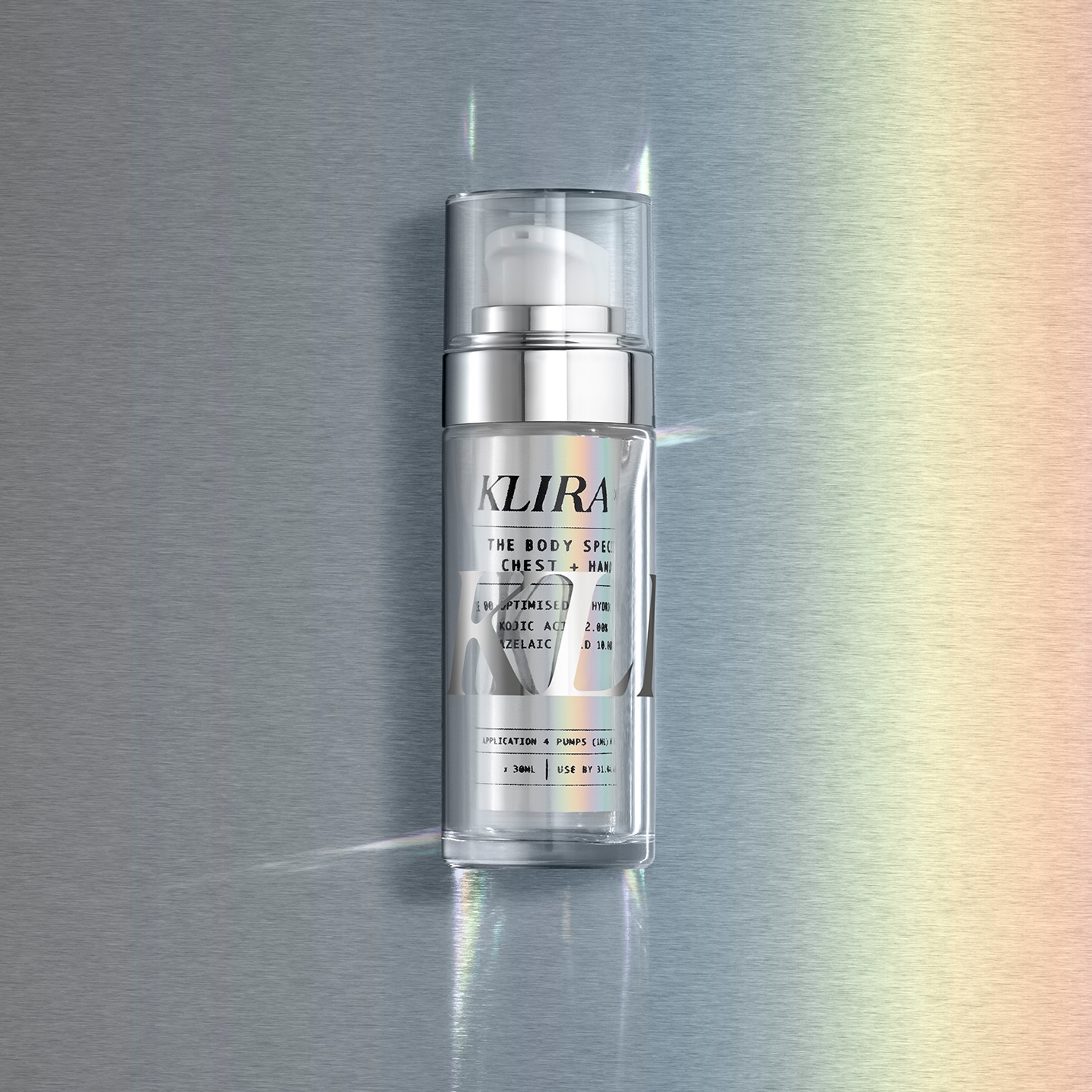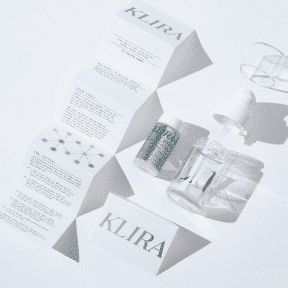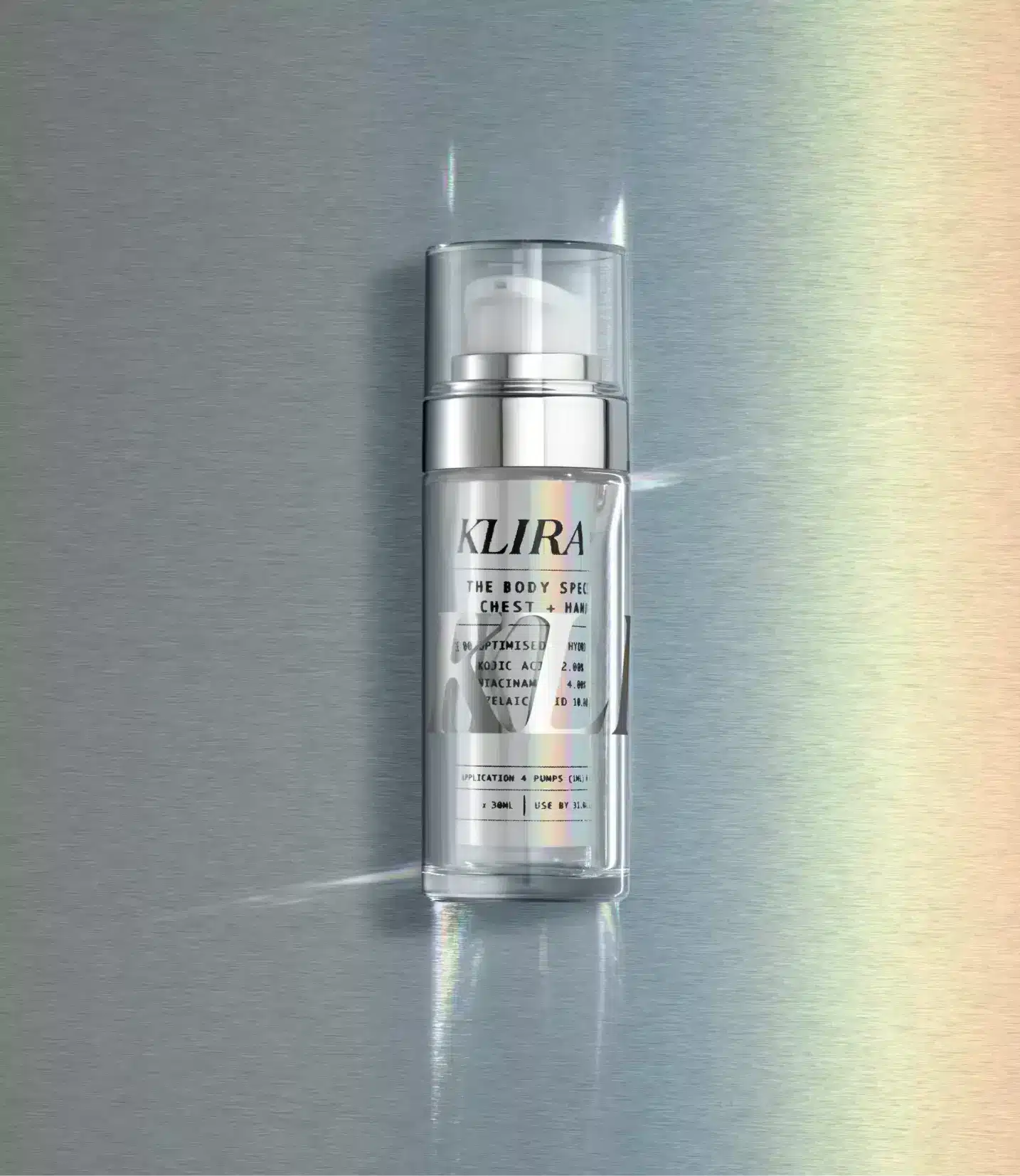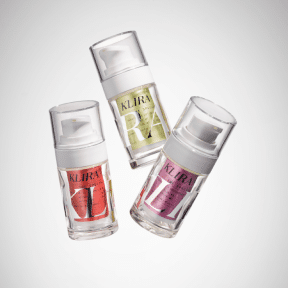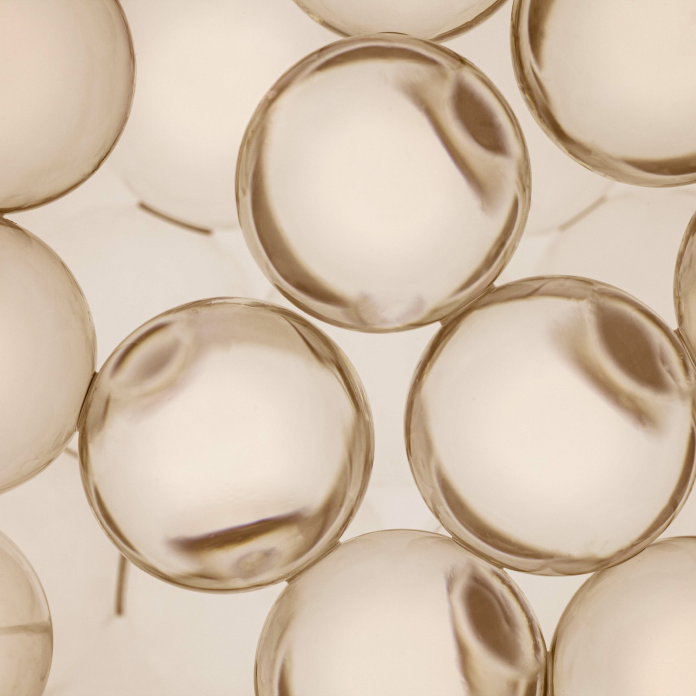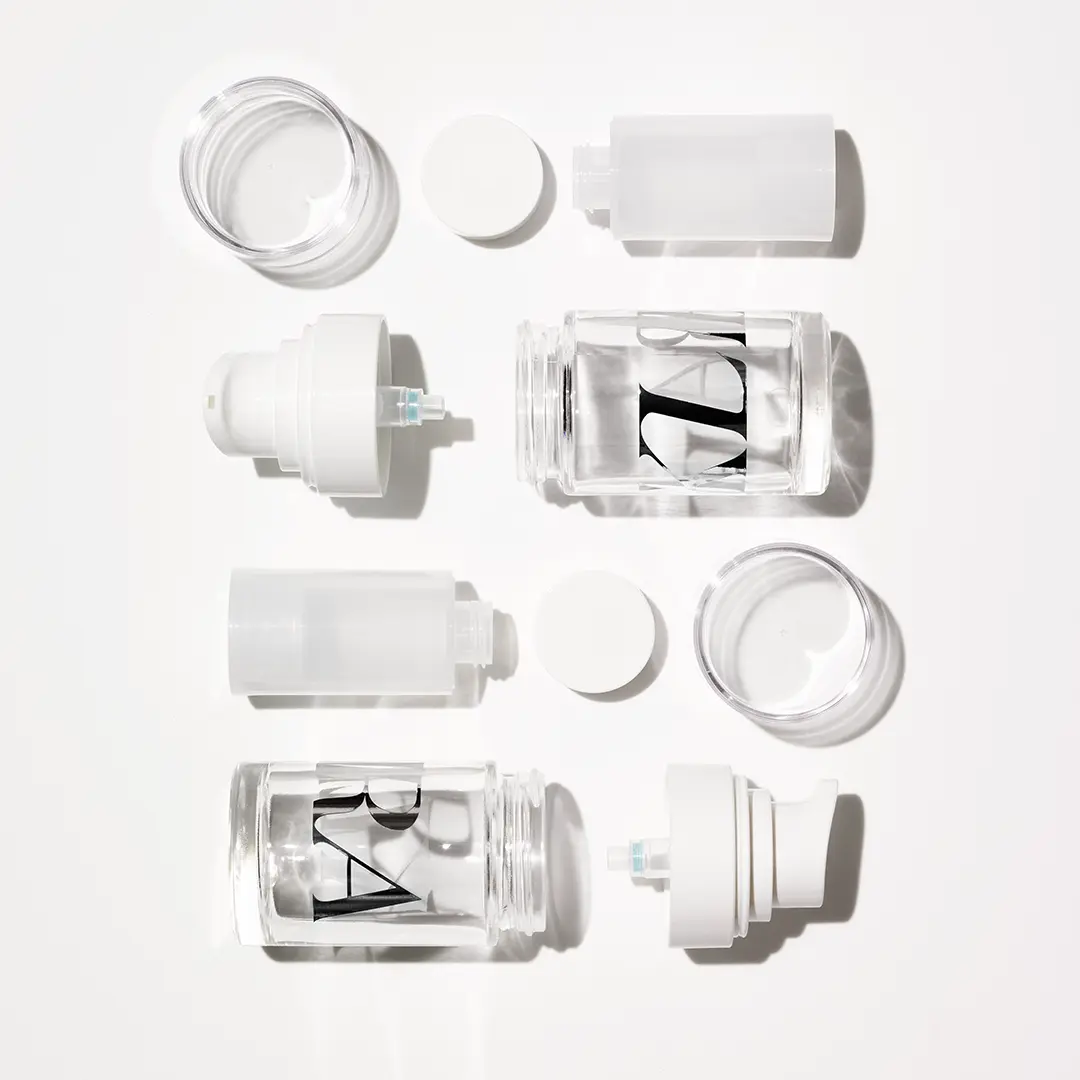When it comes to powerhouse skincare ingredients, retinoids sit firmly at the top. But what exactly is the difference between retinol and retinoid? If you’ve ever felt confused reading product labels or wondering which one to use, you’re not alone.
Let’s break it down so you know exactly what your skin needs, and when.
What Are Retinoids?
Retinoids are a group of ingredients made from vitamin A – one of the most well-researched and effective ingredients in dermatology. They help to:
- Boost collagen
- Help skin cells renew faster and shed old cells1
- Clear acne
- Fade dark marks and uneven skin tone
- Smooth fine lines
Once applied, retinoids are converted by the skin into retinoic acid – the form your skin can use. Retinoic acid enters skin cells and affects how they behave, encouraging them to renew, repair, and function more like healthy, younger skin.
What Is Retinol and How Does It Work?
Retinol is a type of retinoid, but it’s a gentler, over-the-counter version that needs to be converted within your skin into retinoic acid before it starts working. The fewer conversion steps a retinoid needs, the stronger – and sometimes more irritating – it can be.
Here’s how the most common types compare:
- Retinol: moderate strength, needs 2 steps
- Retinal: stronger, only 1 step
- Tretinoin (topical): prescription-only, active immediately
- Isotretinoin (oral): prescription-only, commonly known as Roaccutane, works throughout the body to reduce oil production, unclog pores, and decrease inflammation – making it very effective for severe acne2.
Retinol vs Retinoid: Which One Should You Use?
New to vitamin A? Retinol is a good entry point. It’s effective but gentler – ideal if your skin is sensitive, or you’re just starting your skincare journey.
Need faster, clinical-grade results? Prescription retinoids like tretinoin skip the conversion process altogether. They’re ideal for tackling:
- Persistent or cystic acne
- Melasma and stubborn pigmentation
- Advanced signs of ageing
- Sun damage
Not sure where to begin? That’s where Klira comes in. Our dermatologist-designed formulas prescribe the exact strength and form of retinoid your skin needs – balanced with the right ingredients to support your barrier and reduce irritation.
Why Does Skin React to Retinoids?
Retinoids change the way your skin behaves – so some initial adjustment is normal. You might experience:
- Flaking or peeling
- Dryness
- Mild redness or tingling
- Purging (where underlying breakouts surface sooner)
This process isn’t a sign it’s “not working.” In fact, it’s often a sign it is. Your skin is increasing its rate of renewal, which brings some temporary turbulence before balance returns.
Top Tips to Minimise Side Effects
To ensure a smoother journey, follow these retinoid rules:
Start low: When starting Klira, your Klira Special will have a low dose of active ingredients. It is made to be used every night..
Optional Moisturiser: If needed, you can applying moisturiser before or after your Special, waiting 10 minutes between the steps.
Use SPF every morning: Retinoids make your skin more sun-sensitive.
Avoid harsh actives: Skip exfoliants or AHAs/BHAs.
Keep it simple: A basic routine (cleanser + retinoid + moisturiser + SPF) is best when starting out.
If you’re still experiencing discomfort after a few weeks, it’s a sign your formulation may need adjusting—not that retinoids aren’t for you.
What About Pregnancy?
Retinoids – including over-the-counter retinol – are generally not recommended during pregnancy due to the risk of systemic absorption. While the evidence is stronger for oral forms (like isotretinoin), topical forms are best avoided to err on the side of caution. If you’re pregnant or trying to conceive, Klira can recommend alternative actives that support your skin barrier and reduce breakouts without risk.
Common Myths, Busted
“Retinoids thin the skin.”
Quite the opposite – retinoids help build up the dermal layer, improving thickness and elasticity over time.
“More is better.”
Not true. Overusing retinoids or starting too strong can compromise your skin barrier. The key is consistency, not intensity.
“You have to take a break in summer.”
You can use retinoids year-round – just apply at night and never skip SPF.
What Does Klira Recommend?
At Klira, we don’t believe in guesswork or one-size-fits-all skincare. Your skin has unique needs, tolerances, and goals, so we’ve built a system to match.
Our prescription-only Skin Plans are:
- Clinically tailored based on your SkinSize™, medical information and photographs.
- Buffered with barrier-supporting ingredients like ceramides, or azelaic acid.
- Adapted over time as your skin evolves
- Backed by Consultant Dermatologists
No more wasting money on products that are too weak or too irritating. With Klira, you get the exact formula your skin needs to improve texture, tone, and clarity safely and sustainably.
TL;DR: Retinol vs Retinoid
Too Long Don’t Read!
| Retinol | Retinoid (e.g. Tretinoin) | |
| Strength | Lower | Higher |
| Conversion Required | Yes | No |
| Availability | OTC | Prescription only |
| Best For | Cosmetic use for general skin upkeep | Acne, pigmentation, advanced ageing, sun damage |
| Timeline | Slower | Faster, more dramatic results |
| Irritation Risk | Lower | Higher (unless balanced with the right formula) |
Want to Know Which Is Right for You?
Let’s take the guesswork out. With a Klira Special you get:
A personalised prescription
Barrier-boosting support ingredients
Ongoing adjustments from dermatology experts
Start your consultation at Klira
References
- Ye S, Lee S, Kang S, Jun SH, Kang NG. Improvement of Skin Condition Through RXR Alpha-Activating Materials. Biomolecules. 2025 Feb 17;15(2):296.
British Association of Dermatologists [Internet]. Bad.org.uk. 2025 [cited 2025 Jul 15]. Available from: https://www.bad.org.uk/pils/isotretinoin/
Emma Craythorne is a Consultant Dermatologist, Trustee for the Cosmetic Practice Standards Authority and ex-President of the British Cosmetic Dermatology Group. Dr Emma is well known for her TV series – The Bad Skin Clinic – her renowned private practice, and NHS work.
- Dr Emma Craythorne
- Dr Emma Craythorne
- Dr Emma Craythorne
- Dr Emma Craythorne






















